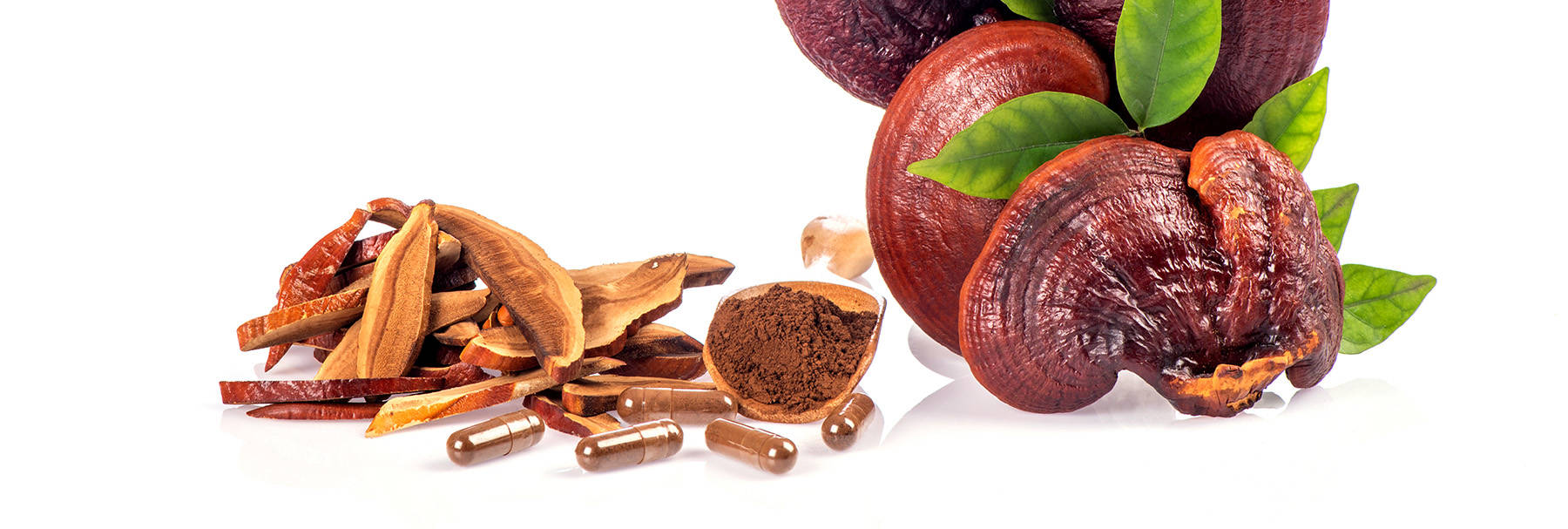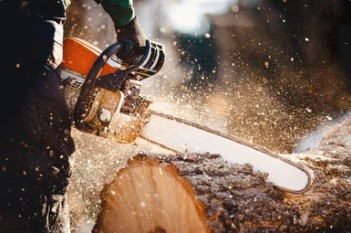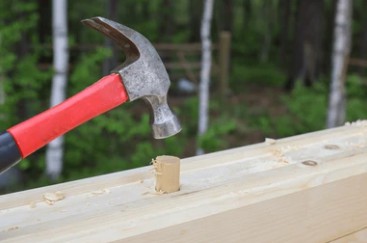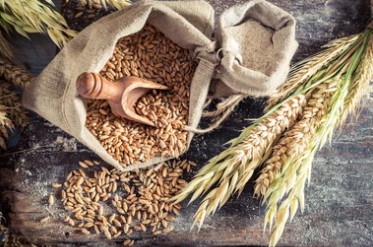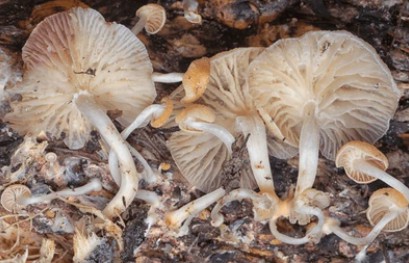What Is Spawn?
Spawn is a carrier that holds a particular strain of mushroom mycelium in a quiescent state until the grower is ready to transfer it to another substrate such as wood logs, straw, compost, etc. Its main advantage is that it reduces the chance of contamination while giving the mushrooms a solid start. Spawn can be myceliated grain, sawdust, and wooden dowels (plugs and pegs). The goal of the spawn is to spread the mycelium to its final habitat, where it can grow, settle, digest food, and eventually bear fruit. Mushroom spawning is a critical step in mushroom cultivation and proper care must be taken to ensure that the mycelium remains uncontaminated and healthy throughout the process.
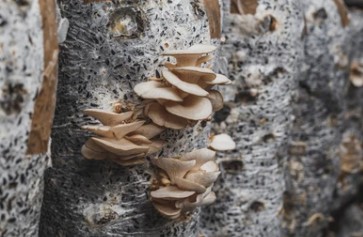
Our Mushroom Spawn Products
Lifeasible has been producing mushroom spawns for many years. To make spawns, we grow specialty mushroom strains in our lab and then cultivate them into various forms for your use, including sawdust, grain, dowel plugs, and mycoremediation. Our technicians have accumulated a great deal of successful production experience and work hard to provide our customers with quality-assured mushroom spawns.
Different mushroom spawns are suitable for different substrates and different uses, so don't be afraid to experiment! We offer the following different forms of mushroom spawns, depending on the substrate you are growing on. Grain, sawdust, and plug are the most common forms. For more information on the different mushroom spawn types available or to place an order, click on any of the generation types below to continue.
Sawdust spawn is the most common type of spawn used for outdoor mushroom production. Sawdust is usually the cheapest of the spawn options and has a relatively quick leap-off because of the small particle sizes. Sawdust spawn is the strain of choice for many commercial growers who are growing shiitake, oyster, slippery, lion's mane, combrette, olive oyster, dancing mushrooms, chicken of the woods, chestnut, and turkey tail mushrooms on logs.
Plug spawn is mycelium grown into hardwood dowels which can be easily tapped into holes drilled into a log. It's a natural choice for small projects because it is easy to use, requires no special tools, and is available in small quantities. Plug spawn is used to inoculate natural logs for Shiitake, Oyster, Lion's Mane, Comb Tooth, Reishi, Nameko, Olive Oysterling, Chestnut, and Turkey Tail mushroom cultivation.
Grain Spawn is mushroom mycelium grown into certified organic rye or millet grain which is ideal for inoculating sterilized or pasteurized substrates. This makes grain spawn a good option when the substrate will be further expanded or if you want to add additional nutrients to the substrate. Grain spawn is used for Oyster, Lion's Mane, Chestnut, Shiitake, Pioppini, and Reishi mushroom cultivation.
These species are best suited for fungal restoration programs. They create a simple yet effective biomass that breaks down environmental and industrial pollutants. Building relationships with different organic mushroom farms, these mushrooms can be used in a variety of projects including breaking down chicken and cat manure, oils, herbicides, pesticides, and dyes.
Features of Different Mushroom Spawn Products
|
Different Mushroom Spawn Types |
Features |
| Mushroom Sawdust Spawn |
- Low cost, most economical
- Faster spawn run than plugs
- Requires waxing
- Inoculation tools recommended fordrill-and-fill method
|
| Mushroom Plug Spawn |
- Available in small quantities
- Best for fall inoculation
- Best for low care or marginal environments
- Slower spawn run than thimbles or sawdust
- Requires waxing, but plug wax can be used
|
| Mushroom Grain Spawn |
- Provides an extra nutrient kick
- Shorter shelf life than most spawn
- Rodents love to eat it
|
| Mushroom Mycoremediation Spawn |
- No effort or maintenance is required after covering the cultivated fungal base under mounds of contaminated soil and placing shade over the area.
- Bioremediation and enhanced bacterial remediation require at least manual monthly turning and reapplication of fertilizer/inoculum.
- Mycoremediation is a catalyst for an ecosystem.
|
Lifeasible offers mushroom spawn products for better mushroom research and development. Our technicians have obtained a wide range of good-quality strains through repeated trials. If you are interested in our products, please contact us to place an order!
For research or industrial raw materials, not for personal medical use!

